How to Know if Your Decision is Based on Caution or Fear
Lately, a lot of my clients have been dealing with transitions. Be it romantic or career, transitions suck.
We seem to focus on the closing of one door rather than the opening of another. I get it. The unknown future is…well, unknown. There’s nothing clear to focus on, get excited about, or, if you’re anything like me, shop for. And that intangible space is where our fears and egos pitch a tent, sit by the fire, and make some s’mores.
Unconsciously, we decide that stressing will help us to control our situations, ourselves, and those around us. And while we know that it won’t actually help, it can be hard to tell whether our stressing is normal caution or self-sabotaging fear.
For example, I recently had a client who is looking to find a new career, something that aligns with her passions and not just her bank account. Our conversation went something like this:
Amita: “So, if money didn’t matter and there was no one else to please, what would you be doing right now?”
Client: “Something that contributes to the world. I’m not saying I want to be Mother Theresa, but I want to make a difference.”
Amita: “That’s admirable. What would that look like? In what way would you want to impact the lives of others?”
Client: “I guess I’d want to help them become healthier and make better food choices for themselves and their families, but I don’t have the degree to do that. And it’s too much money to go back to school so I guess that’s out.”
Amita: “Did you just talk yourself out of your dream in a single sentence?”
Client: “I know what you’re getting at. I shouldn’t limit myself, but I’m just being practical.”
Amita: “Maybe. But sometimes fear disguises itself as “common sense.” Wouldn’t it be great if we could tap into your dream and then figure out the action steps of how to get there before you shoot it down?”
Client: “Yeah, but how do I know if it’s fear or I’m just being practical? I can’t just ignore that there are rules and ways of doing things.”
Amita: “Right now, you’re creating a double-bind: You’re screwed if you take a step and screwed if you don’t. So let’s listen to what your common sense is actually telling you. Shall we?”
We then went on to discuss her inner-narrative and separated it into 2 categories: Fear & Caution.
Whether you’re dealing with similar career questions, transitions, or not, it’s always helpful to know where that voice in your head is coming from:
How to Know if It’s Fear or Caution
- Fear has no interest in ACTUAL evidence
- Fear thinks in black & white
- Fear asks closed “yes/no” questions
- Fear focuses on the past
- Fear looks at all the reasons why it won’t work
- Fear has a mean, biting, or critical tone
- Fear has no self-love
- Caution acts like a detective and gathers evidence on all options before making an informed decision
- Caution recognizes the many shades of gray that exist in every situation
- Caution asks productive “how” questions
- Caution looks toward the future
- Caution looks for solutions
- Caution has a compassionate, loving, and helpful tone
- Caution is filled with self-love
So now that you’ve identified whether the voice is Fear or Caution, how do you shut it up? You don’t! It’s like telling someone on a diet that they can never have chocolate again, you’ve pretty much guaranteed that they will crave it even more.
The solution? Engage in a dialogue. Hear each voice as one part of the conversation. For more on how to practically do this, click here.
What does your inner-voice tell you? Is it coming from a place of caution or fear? Share with the Community in the Comments Section below!

